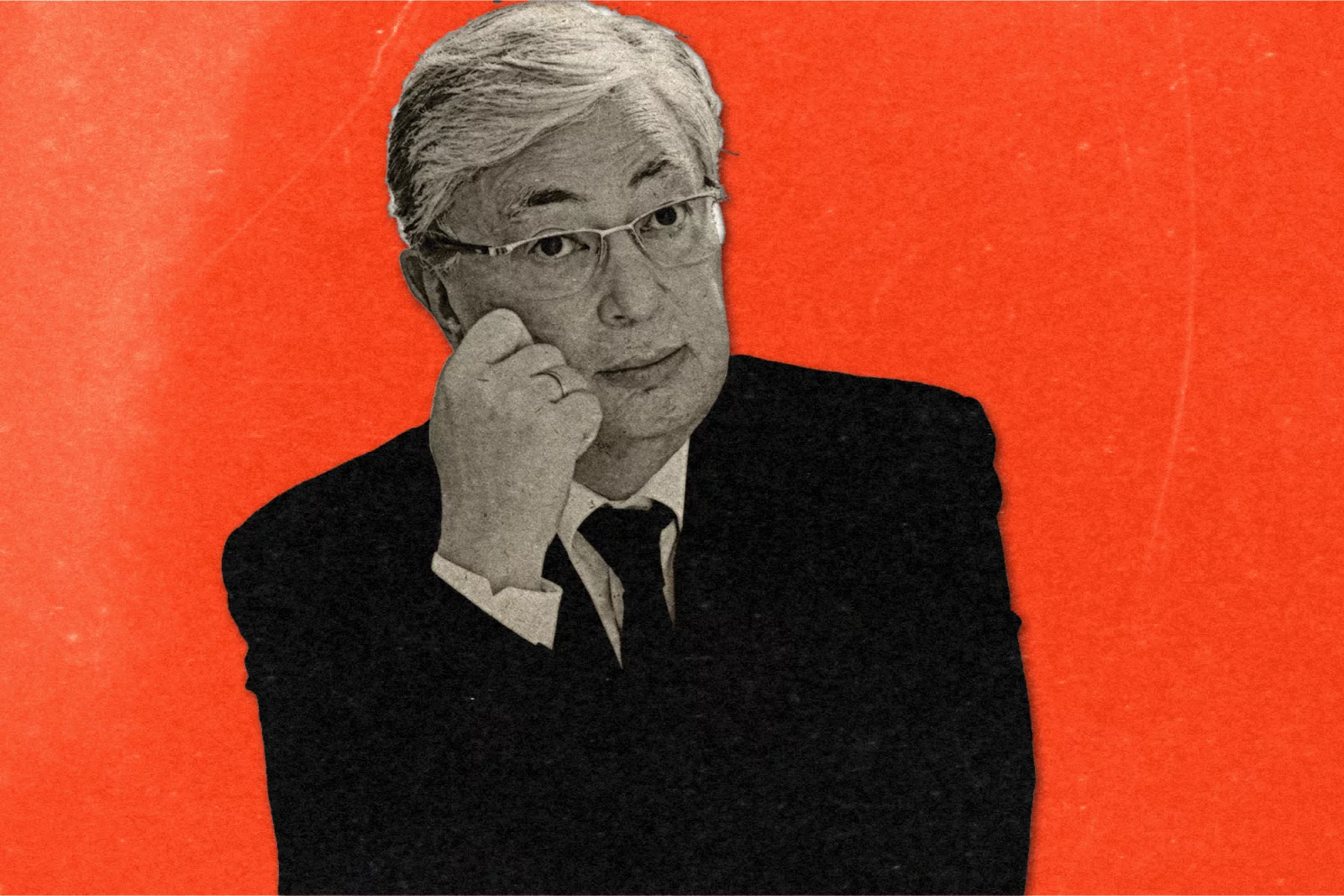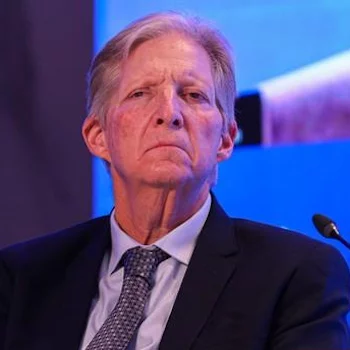
Worrying Direction of Moscow’s Southern Neighbor
Following his inauguration on November 20, Kazakhstan President Kassym-Jomart Tokayev traveled to Moscow to meet with President Vladimir Putin. In the first three weeks after his re-election, Tokayev is scheduled to meet thrice with Putin and his colleagues in the Collective Security Treaty Organization (CSTO), as well as the Eurasian Economic Union (EEU), organizations that lock Astana and Moscow together through economic and security treaties.
During his visit, Tokayev stated, “for Kazakhstan, the Russian Federation has been and remains the main strategic partner, a state with which we have deep relations.” Tokayev’s first visit being to Moscow highlights the importance both presidents place in the relationship.
During President Xi Jinping’s first trip after the pandemic, hosted in Astana by Tokayev, he warned against Moscow’s adventurism in Kazakhstan’s north, home to ethnic Russians, and advanced his objective of gaining visa-free travel for Chinese citizens and greater energy exports from Kazakhstan to China’s west.
The Kazakh leader’s travels follow an election, which failed to meet international standards according to the OSCE ODIHR and constitutional reforms lampooned by observers as doing nothing to reduce his powers and providing mainly cosmetic changes.
In the days and months since what has become known in Kazakhstan as “Bloody January,” Tokayev, struggling to gain control of the situation, portrayed his actions not as those of a leader who ordered the deaths of his own citizens and called for Moscow to stabilize nationwide protests, but rather as actions countering a color revolution orchestrated abroad, an attempted coup, or an invasion of 20,000 terrorists.
Tokayev is on shaky ground with the Kazakh population. He was not willing to expose himself to the electorate in a fair election and has continued to lean on Putin, someone who is increasingly diminished in Kazakhstan and internationally as a result of the war in Ukraine.
To avoid criticism from the people of Kazakhstan, as well as those in Europe and the U.S., Tokayev would still like to shelve the events of “Bloody January,” where over 230 deaths resulted from the indiscriminate use of force against protesters. He is working to wipe clean the international community’s memory of protesters leaving police custody having been burnt with an iron, with Tokayev, a former Soviet diplomat, UN bureaucrat, and Kazakh foreign minister, going on air to say “what kind of negotiations can there be with criminals, murderers?”
Tokayev’s efforts to frame his intentions as prioritizing a foreign policy with any partners other than Moscow and Beijing are undermined by his persecution of Karim Massimov, who practiced a balanced foreign policy with the United States, Europe, the Gulf, as well as neighboring Russia and China.
In part to accomplish these goals, this former diplomat-turned-dictator has chosen an old-fashioned show trial, which started on November 18. Karim Massimov, Kazakhstan’s longest-serving prime minister and former chairman of the National Security Committee, has been in solitary confinement since just prior to Tokayev’s “shoot to kill” order.
In an opinion released on October 25, the United Nations Working Group on Arbitrary Detention “called on the Government of Kazakhstan to take urgent action to ensure the immediate unconditional release of Massimov.”
Instead, Tokayev is hoping to compel a verdict against Massimov, cloaked behind “national security,” by claiming that he was responsible for the January events, despite a complete lack of evidence or transparency. Karim Massimov was detained on January 5, directly following the meeting of the Security Council, headed by Tokayev, at the Astana Presidential Palace. He was held hostage, without access to food, water, medication, or defense, in the basement of the Presidential Palace until he was formally charged and brought to the temporary detention facility. Once transferred, Massimov was denied medical care when experiencing a hypertensive crisis.
The government has been unable to find a shred of evidence linking Massimov to the January events, as Tokayev is the actor responsible for the death of the protesters, which occurred while Massimov was in custody.
If the prosecution did have a case, it would have been leaked to the public, to foreign diplomats, and shared with the United Nations, but it has not — because there is no evidence. Having Karim Massimov in detention when Kazakhstan faces economic challenges domestically, and a region in turmoil, is akin to Washington arresting James A. Baker III, Russia incarcerating Yevgeny Primakov, or China putting Chou En-lai in chains at the height of their service to their country. Tokayev has sacrificed a balanced foreign policy for reliance on Putin and Xi for legitimacy.
Massimov additionally suffers from severe chronic coronary artery disease, and according to Kazakh law, any detained person with this life-threatening condition — whether convicted or not — is to be released.
In an October 12 letter, former senior U.S. State Department officials, National Security Council staff, and others have called on President Tokayev to release Massimov on humanitarian grounds, as “no person, let alone a man who dutifully served Kazakhstan for almost three decades, promoting and defending its sovereignty and independence, should be denied medical treatment.”
Some suggest that Tokayev is playing on Massimov’s positive international reputation, including with the United States, to demonstrate to Putin and Xi that he can be trusted. Persecuting this ethnic Uyghur who enjoys a strong reputation in Europe and the U.S. would reassure Putin and Xi of Tokayev’s loyalty.
Nevertheless, the government of Kazakhstan is only continuing their shameful actions of Bloody January. On November 18, Karim Massimov was brought to the City Court of Astana, beginning the process that bears all the trappings of a show trial. A conviction under pressure will not quell the fears of the population or concerns of the international community. Instead, it will be evidence of one more victim of the events of Bloody January.
